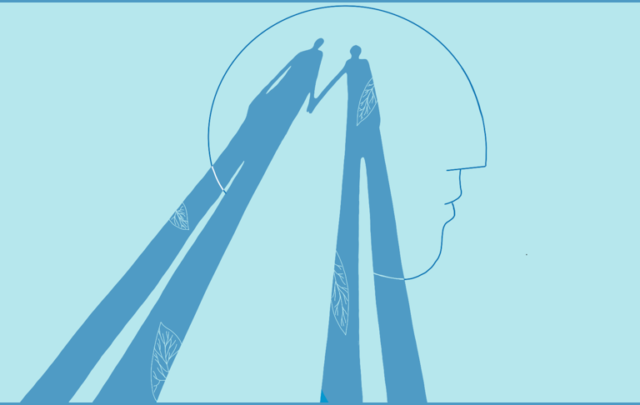Identity crisis
Thirty months into a new life devoid of regular interaction with inmates and honors students, I’m having the sort of identity crisis described by Dmitry Orlov in his excellent book, Reinventing Collapse. According to Orlov, middle-aged men — specifically those aged 45 to 55, nicely bracketing the age I departed the ivory tower (49) and my current age (51) — experienced the highest rate of mortality as the Soviet Union collapsed.
December 27, 2011
McPherson’s film series: introduction, water security and food
In an earlier series of posts, I identified the four primary attributes necessary to thriving during the post-carbon era (or, for that matter, today): water security, food security, body temperature, and human community. … I’m adding to the previous essays with a series of video clips. The usual caveats apply, primarily including the one about relevance to a specific region. The first two video clips, posted below, provide (1) a brief introduction and (2) an overview of how we secure water at the mud hut.
August 30, 2011
Excerpts on education
The development and implementation of K-12 concentration camps is not part of some giant conspiracy. Rather, it is the outcome of the way our educational system was created. Most of the people who originally developed the system believed they were doing the right thing, and they did not try to hide their plans or intentions. It was completely consistent with the perspective, derived from religious organizations, that the domination, cohesion, and vitality of society were inversely related to individualism; permitting free inquiry and action were anathema to control by religious societies and also by corporate society.
April 14, 2011
The Heirloom
The Heirloom covers a lot of intellectual ground without leaving a small geographic area. In addition to casting a penetrating look at our present and potential future, it serves as a coming-of-age story for young Ben Naiche, who is torn between the rapidly vanishing techno-world and the rapidly vanishing remnants of his native heritage.
April 11, 2011
Structures
When my partners and I embarked on this project, nearly three years ago, I could barely distinguish between a screwdriver and a zucchini. Now I’ve hammered, drilled, sawed, plumbed, tiled, and constructed. And grown, in ways I could not have imagined. Kurt Vonnegut’s mythical writer, Kilgore Trout, comes to mind: “How the hell did I do that?”
January 15, 2011
The tragedy of goats
Autumn typically is rain-free here. This year, we’ll take advantage of the dry weather to harvest abundant poop from the goat pen and apply it directly to the then-recently harvested potato patch. Potatoes are heavy feeders, so the patch could use the nutrients. By the time we plant next spring, the compost will be working its magic. Nonetheless, we won’t plant potatoes there, though we haven’t decided which nitrogen-fixing plant to work into the rotation.
September 16, 2010



